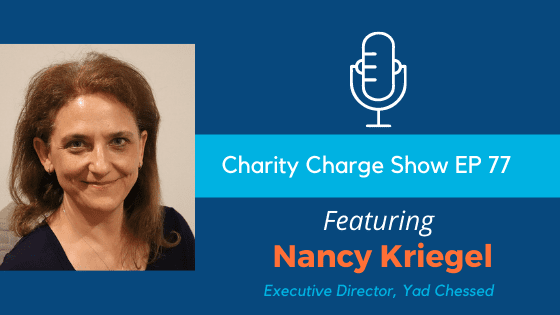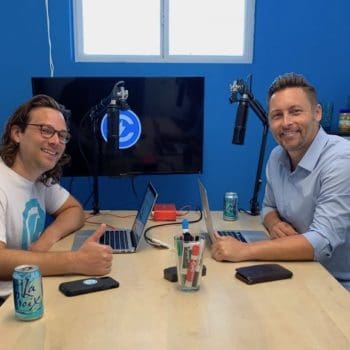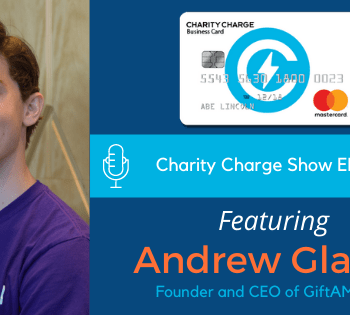In Episode 77 of the Charity Charge Show, Stephen talks with Nancy Kriegel, Executive Director of Yad Chessed, with the mission to provide emergency financial assistance to Jewish people in need while preserving the dignity of each client. The funds they distribute for food, medical expenses, shelter and other essentials, as well as their guidance, help alleviate economic distress and move each client toward a more hopeful future.
Nancy J. Kriegel joined Yad Chessed as Executive Director in December of 2019. Prior to her current role, Nancy worked at Combined Jewish Philanthropies (CJP) in senior positions overseeing efforts to strengthen area Jewish Day Schools. Previous to CJP, Nancy was a founder and co-president of Gateways: Access to Jewish Education. Before dedicating her career to Jewish communal service, Nancy was a practicing attorney with degrees from Boston College Law School and the University of Pennsylvania. Nancy lives in Sharon, MA, with her husband and has three young adult children.
On how Nancy uses her background in law:
I think about every angle, before choosing a path. Line up the facts of whatever it is and then being able to imagine four different pathways to the endpoint, rather than being rigid. Because what the law teaches you is similar to debate: you can stack up facts or information in any way you want to support the your end goal and your argument. Some are going to be weaker than others, but you have to have flexible thinking. And if you want to really develop a strong argument, you want to first be able to figure out everyone else’s arguments, and what and how to poke holes in them. For me, how that translated into dealing with COVID was: have a phone system that my social workers can’t use if they’re going to be working remotely, because we don’t have Voice-over-IP. How do we fix that? What’s the quickest way to get it done? What are the pitfalls? Who do you find? Who are the experts that you need, in order to put together a solution doesn’t have to all be on you? But you have to identify ways to bring in expert thinking in order to get to an endpoint. All of that is what I learned about both from legal education, but also in legal practice. When you’re putting together a case for litigation, you have to become an expert in whatever that topic is. For example, I represented an elevator company and I had to really understand how elevators work before I could really develop a set of arguments to support what I was trying to do.
Interested in listening to the full episode and hearing more from other nonprofits? Check out more episodes here Charity Charge Show





